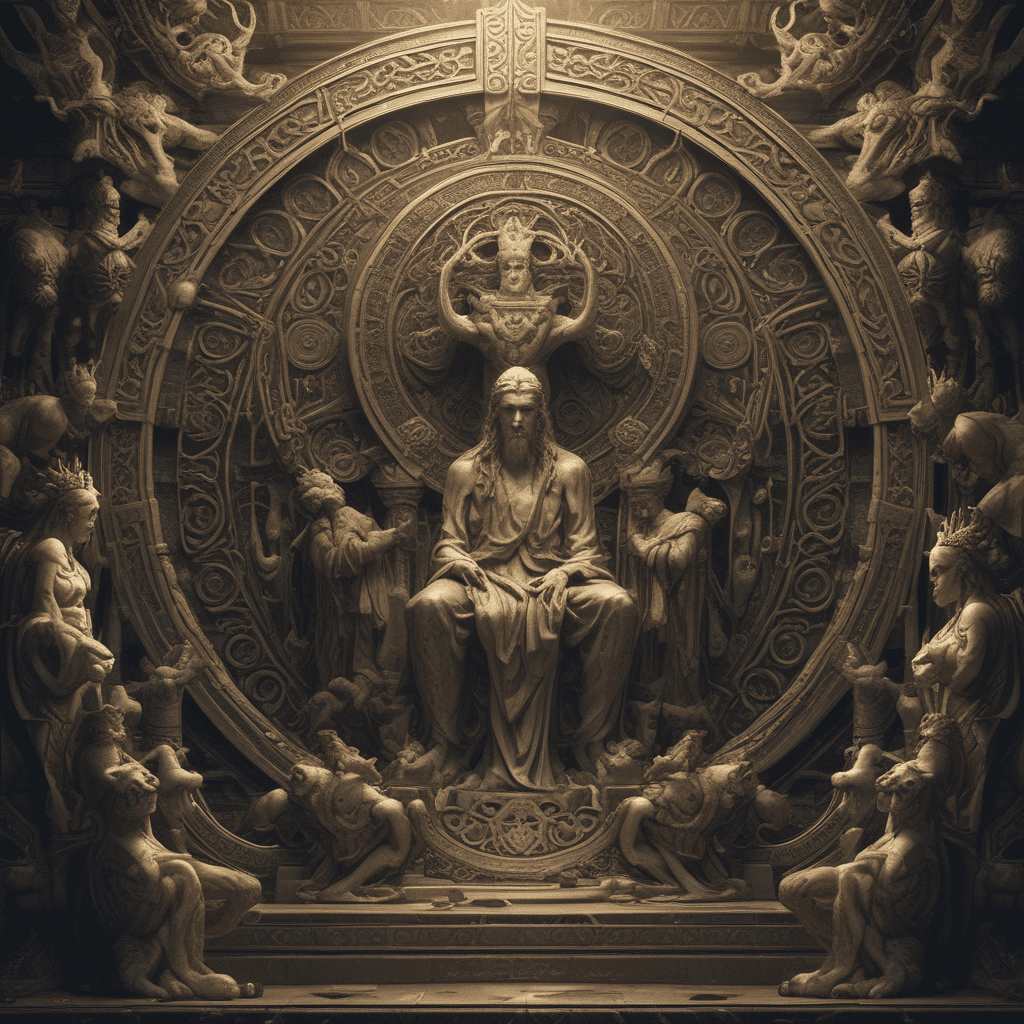Exploring the Concept of Leadership in Celtic Mythology
The Role of Leadership in Celtic Mythology
Leadership is a central theme in Celtic mythology, where stories and legends often revolve around the noble qualities and responsibilities of rulers and kings. In Celtic culture, leaders were not only chosen based on their strength and prowess in battle but also on their wisdom, generosity, and ability to protect and guide their people. The concept of leadership in Celtic myths goes beyond mere authority; it encompasses qualities that inspire respect, loyalty, and unity among the community.
Celtic Gods and Goddesses as Leaders
In Celtic mythology, deities often embody different aspects of leadership. For example, the god Lugh is a multifaceted figure associated with skill, craftsmanship, and warrior prowess, making him a symbol of not only martial leadership but also of creativity and diplomacy. On the other hand, goddesses like Brigid are revered for their roles as healers, protectors, and symbols of fertility, showcasing a different side of leadership focused on nurturing and sustenance. These divine figures serve as inspiration for mortal leaders to emulate and embody various leadership qualities.
Symbols of Leadership in Celtic Mythology
Symbols play a vital role in Celtic culture and mythology, with many objects and animals representing leadership qualities. The Celtic knot, for instance, symbolizes interconnectedness and unity – essential traits for a successful leader to bind a community together. Animals like the stag are also significant, symbolizing strength, protection, and the ability to navigate challenges with grace and resilience. By understanding and embracing these symbols, leaders in Celtic mythology strive to embody the virtues they represent in their rule.
The Legacy of Celtic Leadership
Modern interpretations of Celtic mythology often draw parallels between the principles of leadership in ancient tales and contemporary notions of what makes a good leader. The emphasis on wisdom, courage, and the well-being of the community found in Celtic myths continues to inspire individuals in positions of leadership today. By delving into the rich tapestry of Celtic mythology, we can learn valuable lessons on effective leadership that transcend time and culture, providing insights into what it means to lead with integrity, compassion, and strength.
FAQs about Exploring the Concept of Leadership in Celtic Mythology
What is the significance of leadership in Celtic mythology?
Leadership in Celtic mythology often embodies qualities like wisdom, bravery, and connection to the land. Rulers were expected to protect their people and maintain harmony with nature, reflecting Celtic values.
How are leaders chosen in Celtic myths?
Leaders in Celtic myths are often chosen through divine selection, feats of heroism, or through royal lineage. They are believed to be destined for their roles, with their authority validated by the gods.
What lessons can be learned from Celtic mythological leaders?
Celtic mythological leaders teach us about the importance of integrity, loyalty, and courage. Their stories emphasize the need for leaders to act selflessly for the greater good of their communities.




